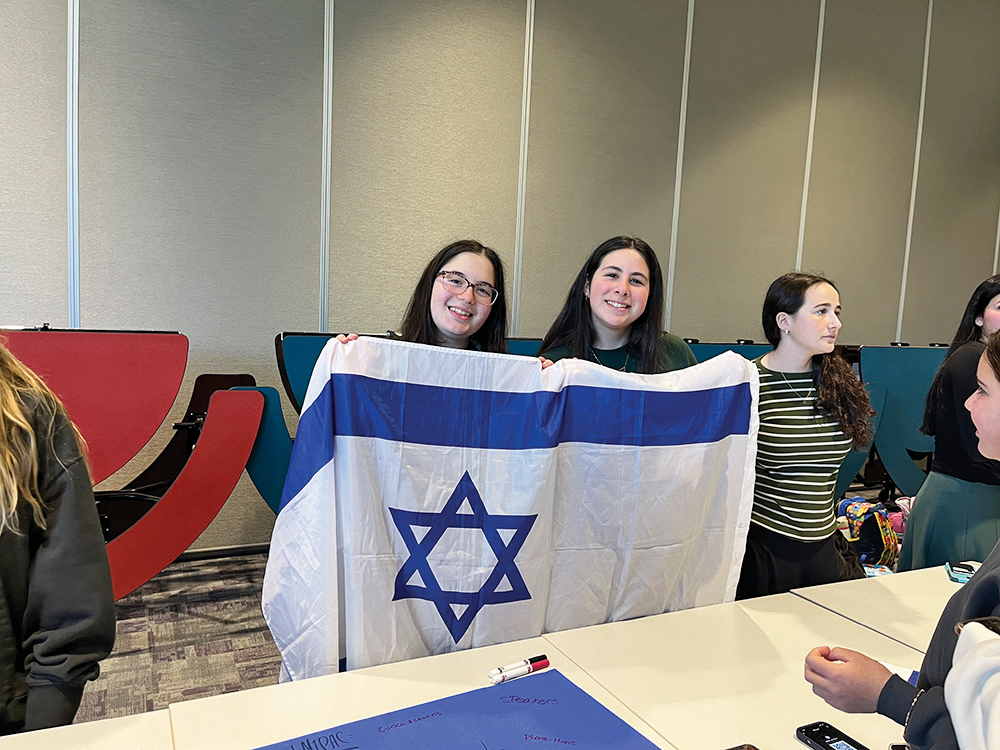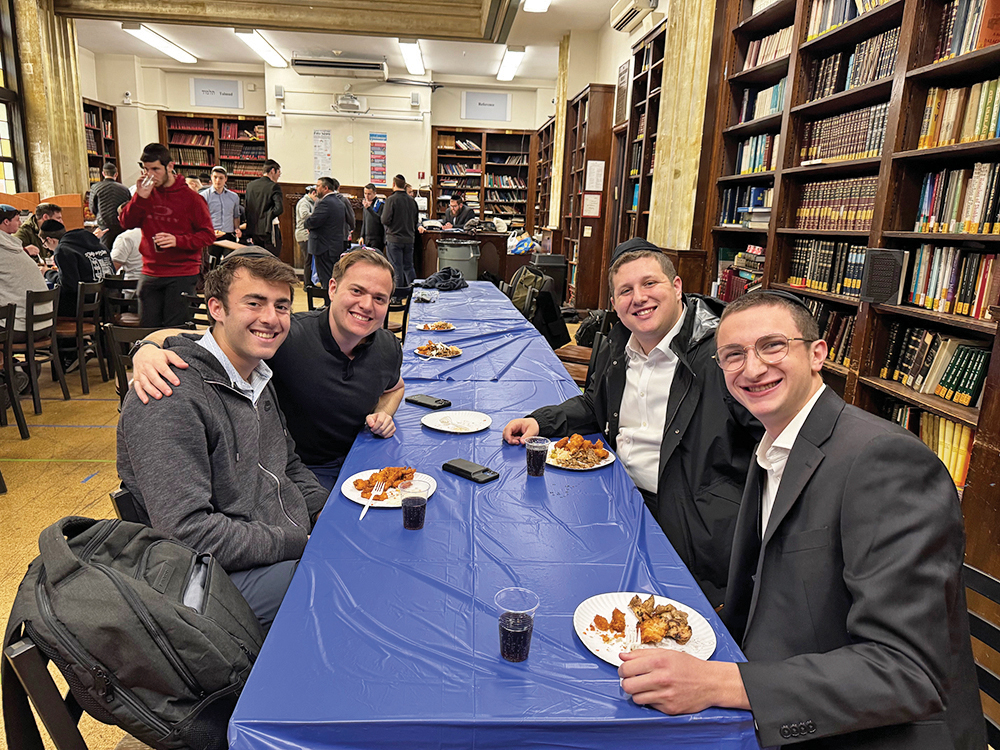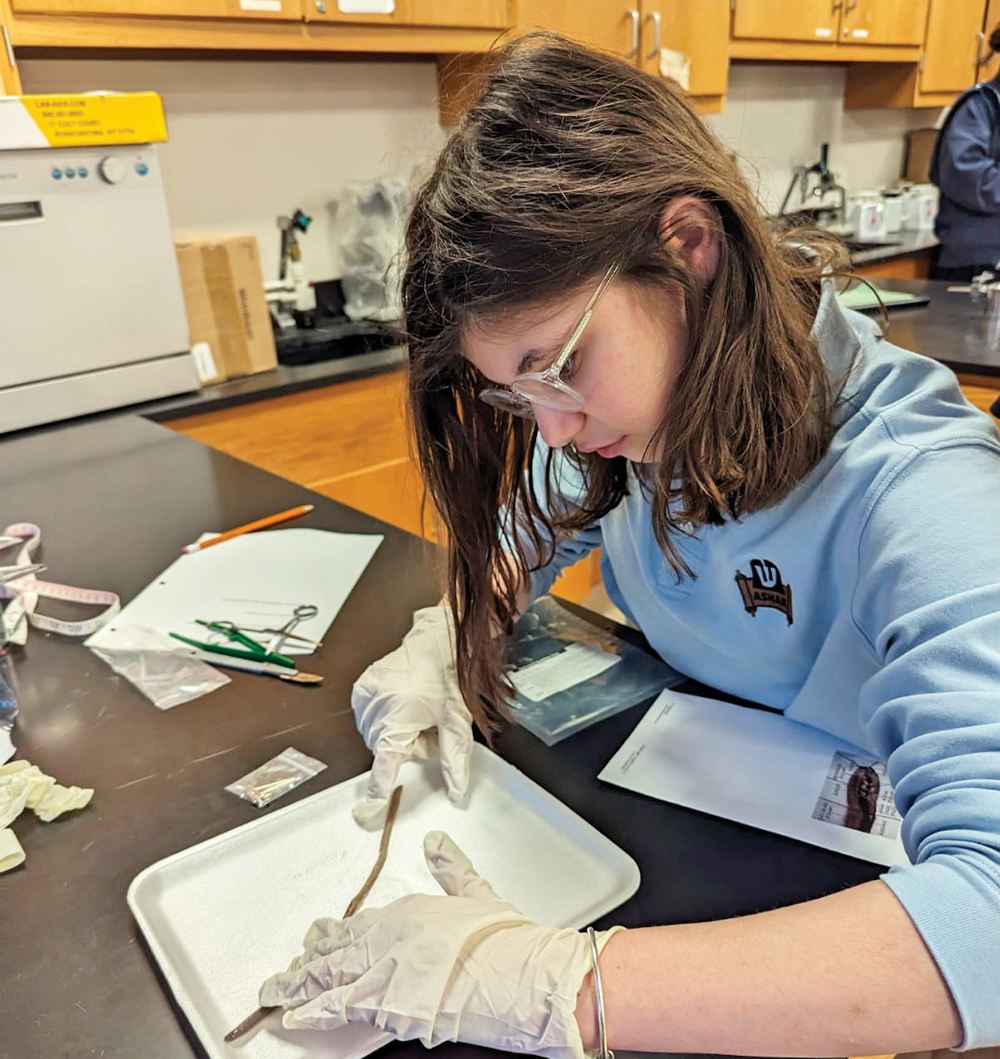I have been an early riser for years and decided years ago to take advantage of this and go to work early. As a consequence, after I park my car, I usually roll into the local deli just after 5:30 a.m. for my large, sweet and light cup of coffee. The regular guy behind the counter, who has been there for years, is an immigrant from Cameroon where he was an attorney; his family remained behind. He works literally seven days a week from 6 p.m. to 6 a.m. (I recall he took three weeks off last summer to visit his family in Cameroon.) I don’t know what he is paid, but I do not know many people who work harder than he does. All this so he can send funds back to his family in Africa.
How depressing to learn that, in addition to his other problems, our hard-working late-night counterman may also have an increased risk of cancer. Many people in our society have jobs where they work the night shift or in some other way spend a large part of their time awake overnight. Examples include nurses, waitresses, security guards, or aircraft crews who often cross meridians.
The International Agency for Research on Cancer (IARC), a branch of the World Health Organization, publishes what I consider the most authoritative evaluation of what chemicals or other exposures are carcinogenic. In 2019, IARC published volume 124, devoted to an evaluation of night shift work, and gave it a rating of 2A, i.e., that it was a probable carcinogen, a very high rating for IARC. It was felt to be associated with cancers of the breast, prostate and colorectum. So what is the story?
Night shift work is defined as work during the usual sleeping hours of the population. It typically involves at least three work hours between midnight and 5 a.m. that occur at least three times weekly. To be at risk for cancer, this work pattern generally must persist for at least 10 years, and usually will have begun before the age of 30.
Our biologic systems are typically geared to a daily circadian (from the Latin circa diem) rhythm, recurring on a regular 24-hour cycle. This rhythm induces patterns for our sleep-wake cycle, our appetite and meals and digestive patterns, the daily cycle of our temperature, and a pattern to our daily moods. The regulation of the circadian rhythm is triggered by the stimulation of seeing light on opening our eyes in the morning; this tells our brain to be active, hungry and alert. When darkness comes in the evening, the pineal gland produces melatonin; generally, this is secreted all night and promotes sleep.
When our circadian rhythms are disrupted, as can occur with prolonged night shift work, we develop circadian disruption. This can make us feel ill and lead to multiple health consequences. One major theory is that melatonin is protective against certain cancers, especially the hormonal cancers (breast and prostate cancers). There is some laboratory evidence that it suppresses tumor growth. Thus, if you interfere with the melatonin synthesis and secretion that typically occurs overnight and reduce its occurrence, you interfere with its protective effects. This may be responsible for the observed increased risks of breast and prostate cancer in night shift workers.
The main concern has been raised for increases in breast cancer risk. Several meta-analyses have suggested an increased risk of breast cancer in the range of about 20% resulting from five or 10 years of night shift work. It is particularly interesting to review the findings of the Nurses Health Study from Harvard, which reported the results from about 120,000 nurses who were recruited into the study in 1976 and a further 116,000 who were added to the study in 1989. They were asked how many night shifts they worked each month and then were followed long-term for the occurrence of cancer. With 24 years of follow-up, they found that 20 or more years of shift work resulted in an elevated risk of breast cancer with a hazard ratio of 1.40, but further shift work (30 years of shift work) did not increase the risk further.
The associations reported do need some caveats. Those who work these late night shifts tend to be from lower ends of the social ladder and the socioeconomic status scale. It is not easy to separate out confounding factors that may be confusing the underlying causal mechanisms that are truly at play in these observations.
Now if you are an associate and working long hours at Kirkland Ellis, Arnold & Porter, Pearson Hardman, McKenzie Brackman, Crane Poole & Schmidt, or Skadden Arps, and you get cancer, maybe you have a case for compensation!
Alfred I. Neugut, MD, PhD, is a medical oncologist and cancer epidemiologist at Columbia University Irving Medical Center/New York Presbyterian and Mailman School of Public Health in New York. Email: ain1@columbia.edu.
This article is for educational purposes only and is not intended to be a substitute for professional medical advice, diagnosis, or treatment, and does not constitute medical or other professional advice. Always seek the advice of your qualified health provider with any questions you may have regarding a medical condition or treatment.













